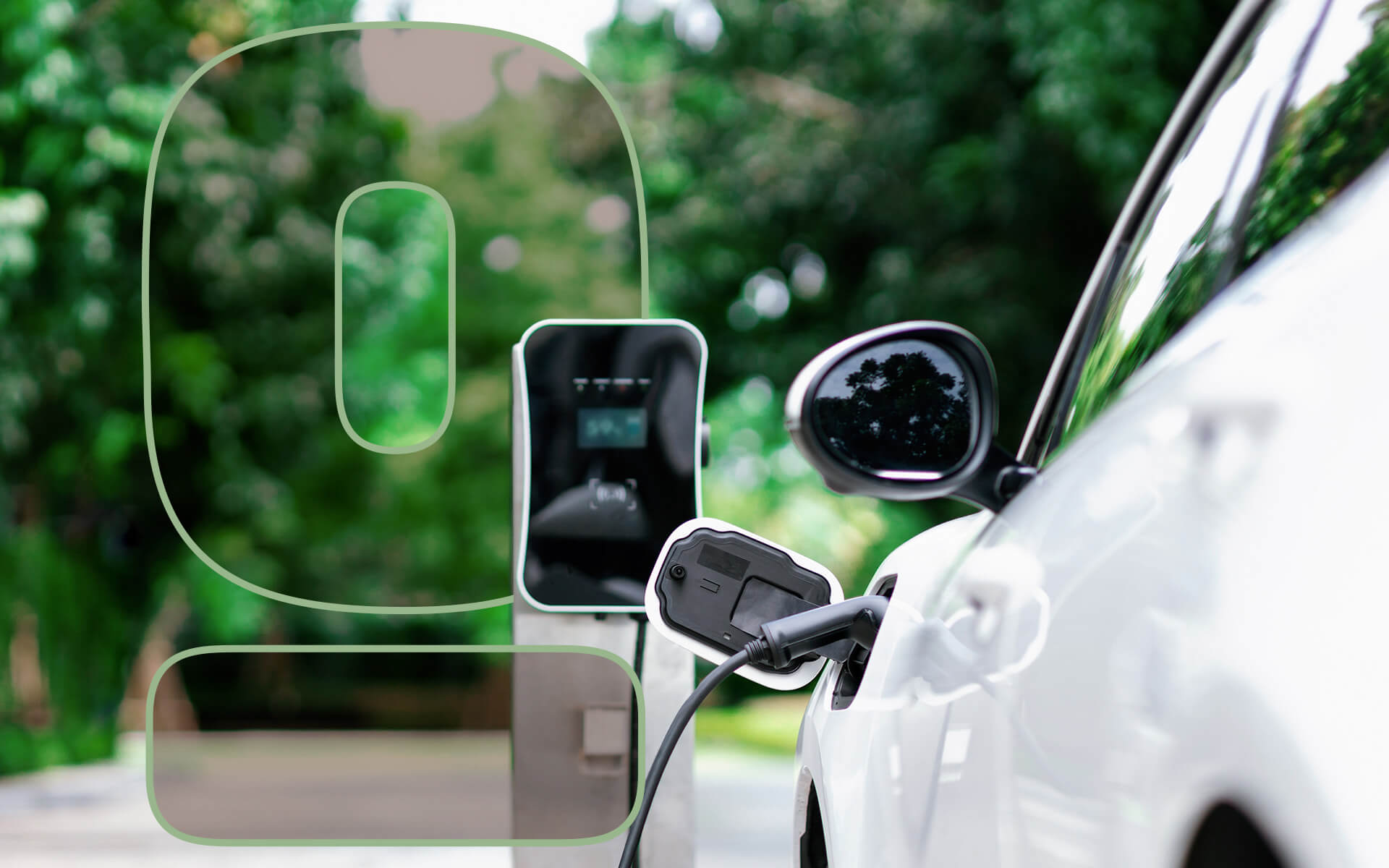
The Environmental Impact of Electric Car Batteries
We are reader-supported. When you buy through links on our site, we may earn affiliate commission.
On November 19th, the House of Representatives passed Biden’s Build Back Better (BBB) act. Now, the Senate reviews the agenda, determining its national benefits. The BBB works to enhance America’s sustainability, decreasing greenhouse gas emissions.
Part of the plan targets transportation-related pollution, increasing the number of electric vehicles (EVs) on the road. Minimizing tailpipe emissions can significantly shrink the U.S. carbon footprint, conserving the atmosphere. While the technology effectively reduces direct emissions, it also contributes to second-hand pollution, interfering with sustainability.
Why Are We Using EVs?
Before we evaluate the environmental impacts of electric car batteries, we must assess the technology’s demand. The transportation sector produces about 29% of the nation’s greenhouse gas emissions. Most Americans drive fossil-fuel-reliant vehicles.
Diesel and gasoline release emissions into the environment during the combustion phase, changing the atmosphere’s composition. The alterations minimize Earth’s ability to produce and regulate life-sufficient surface temperatures. Naturally, the planet supports the global ecosystem by generating heat from infrared radiation.
It uses the heat to warm its surface, achieving specific conditions. Then, the atmosphere re-collects excess energy and sends it to space, reducing the risk of overheating. Greenhouse gases change the process by increasing the atmospheric light-to-heat conversion rate.
They also trap extra energy in the environment, filtering it back through the heat production process. Over time, the greenhouse gases raise Earth’s temperature causing various adverse impacts. EVs decrease direct transportation emissions by eliminating tailpipe pollution.
While the vehicles effectively minimize atmospheric degradation, some of their components contribute to other forms of pollution. One EV part significantly impacting Earth’s ecology is the battery.
What Are EV Batteries Made of?
To understand the environmental impacts of electric car batteries, you must evaluate their compositions. Manufacturers make EV batteries out of lithium-ion – a rare element. They also contain cobalt, nickel and manganese, also impacting environmental preservation.
The car batteries work using strategic connections between an anode, cathode, electrolyte and collectors. Lithium resides in the anode and cathode, transferring positively charged electrons between the sectors. The movement of lithium produces a stream of free electrons, positively charging the collector.
Mining for lithium and other rare elements has adverse effects on the environment. The manufacturing process of EV batteries also impacts conservation efforts.
The Environmental Impact of Electric Car Batteries?
Extracting lithium from beneath Earth’s surface requires a significant quantity of freshwater. Exploiting water for mining practices minimizes the available drinking sources on the surface, increasing global dehydration rates. Mineworkers pump the water into a hole in a salt flat, pumping up mineral-rich brine.
The professionals collect lithium, borax, manganese and potassium from the brine. Unfortunately, the open hole can allow additional toxic elements to surface, polluting the local ecosystem. Researchers studied the effects of lithium mining on the Liqi River, examining the water’s contamination levels.
The researchers quickly discovered adverse effects on biodiversity, minimizing the mine’s sustainability. They found large quantities of dead fish floating in the river along with yak and cow carcasses. The loss of biodiversity signified a chemical leak polluting the river.
Additionally, manufacturing lithium-ion batteries produce pollution. In the U.S., nearly 23% of emissions derive from the industrial sector. Manufacturing facilities run on fossil fuels, causing the enhanced greenhouse effect.
Environmentalists evaluated the environmental challenges associated with EV batteries and searched for sustainable solutions. A couple of companies are conducting technological advancements, improving the eco-friendliness of the electric transportation sector.
Preventing the Environmental Impact of Electric Car Batteries
One company out of Nevada is developing a closed-loop battery supply chain, improving the industry’s sustainability. It collects and recycles old battery materials, producing new versions. The process eliminates the demand for mining, preserving local ecosystems and water supplies.
Aceleron, a British company, is also improving the eco-friendliness of EVs by enhancing the ease of disassembling processes. The company builds new batteries with their end-of-life practices in mind. It also encourages the recycling and reuse of materials, minimizing municipal solid waste.
Li-Cycle is a Canadian group working to improve the sustainability of battery recycling practices. Workers bypass the smelting process and use leaching to minimize pollution and access more raw materials. Leaching can effectively decrease the demand for mining and manufacturing new products.
Though recycling practices are improving the sustainability of EV batteries, we must focus on enhancing the entire transportation system to achieve the national carbon-neutrality goal.
Improving the Sustainability of Transportation
To shrink the transportation sector’s carbon footprint, Americans must change their modern travel practices. EVs are more sustainable than conventional vehicles, and using them to carpool further eliminates emissions. Engaging with alternative forms of transportation, like biking and walking, also minimizes pollution.
When all citizens work together to reduce their emissions, we can achieve carbon neutrality.
Share on
Like what you read? Join other Environment.co readers!
Get the latest updates on our planet by subscribing to the Environment.co newsletter!
About the author
Jane Marsh
Starting from an early age, Jane Marsh loved all animals and became a budding environmentalist. Now, Jane works as the Editor-in-Chief of Environment.co where she covers topics related to climate policy, renewable energy, the food industry, and more.





